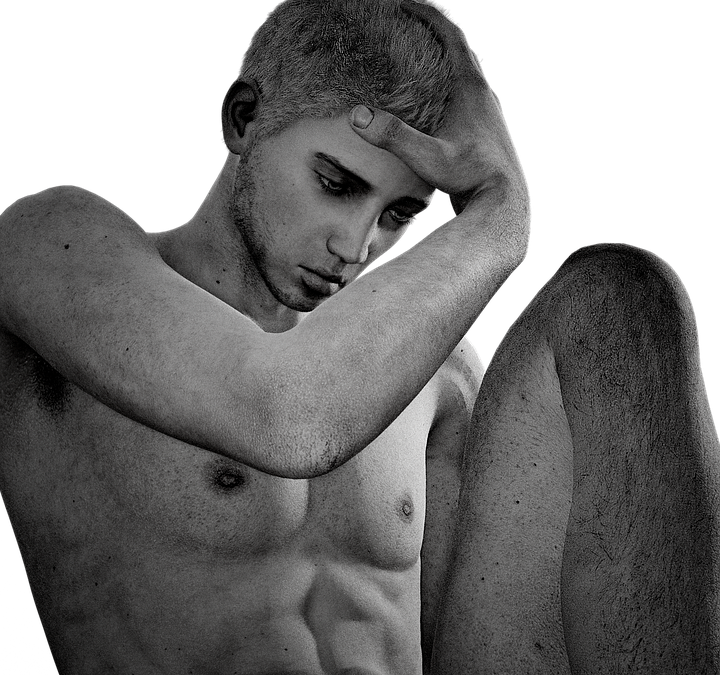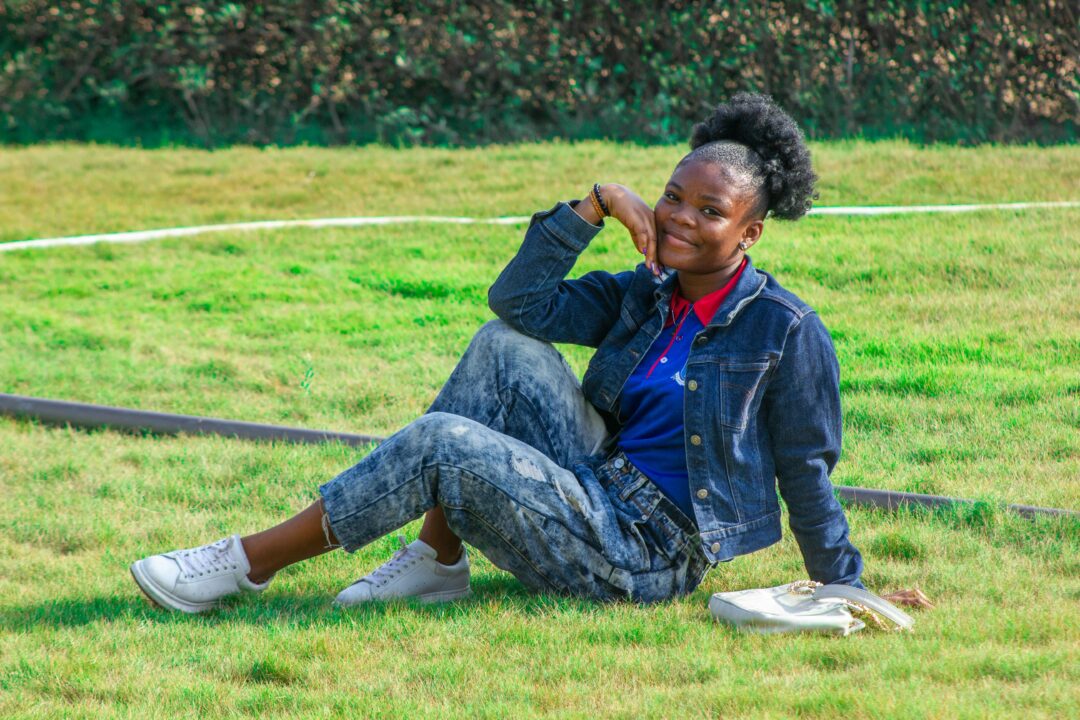Crisis of masculinity: this new phenomenon that crosses the West
Eugénie Bastié-Journalist-source: le Figaro 27/06/2018
INVESTIGATION – School delays, immaturity, sexual misery: the feminist revolution and the advent of an egalitarian society have created an unprecedented crisis of masculinity. A phenomenon that is just beginning to be studied.
Traduction par Reverso
«The West has lost faith in masculinity»: this is the title of a lecture by the Canadian academic Jordan Peterson, unknown two years ago, now, according to New York
Times , «the most revered and most reviled intellectual» of the Internet. This professor of psychology owes his success to his weapon passes on television with feminist activists whose arguments he relentlessly dismantles, especially on wage inequalities. Peterson’s global success (millions of views on YouTube) is indicative of a phenomenon that is taking a back seat, so much attention is being paid to the «MeToo» revolution: that of an increasingly shared concern about the masculinity of Western men. Behind the wave of indignation against a male domination that would still be visible through sexual harassment is another truth: that of a generalized declassification of the male.”
Masculinist reactions
The theme is in vogue in the country of gender studies. In 2006, the American professor of Tocqueville and Machiavelli, Harvey Mansfield, published an essay, Manliness, in which he tried to define the contours and positivity of virility in an increasingly neutral Western society. The book dismayed the New York intelligentsia, but it was followed by others. Notably the
«The Art of Manliness» website, created in 2008, which provides practical and theoretical advice (from «how to repair your own wipers» to «how to know if a woman loves you») to «being a man» to millions of visitors.
The success of this American site inspired Julien Rochedy, former president of the youth section of the National Front, who has just created «Major», a platform addressed to the French public. Impeccably trimmed beard, scrubby hair, black tshirt, on a library background, the thirty-year-old explains face-to-face camera, in a calm voice, the «ten thoughts that men must know». «For centuries and centuries, men have sought to become men, well, it stopped a little while ago, but for centuries it was like that.» To stop this «decadence», the young man has just launched this platform. There are blog posts – «why men have to hold alcohol», «when to strike in case of aggression» – but also does not pay off, the «alpha» session, composed of videos and philosophical sheets strongly impregnated with nietzscheism.
«Trolls» vs «cucks»
Mansfied, Peterson and, to a lesser extent, Rochedy are the chic and structured version of a masculinist reaction that sometimes takes on more primitive looks: we find it in the comics of the best-selling author Marsault, who advocates a decomplexed and violent virility – Tattoos, shaved skulls and shotguns -, by the blogger «Papacito», creator of «son of the fashion whore», or other followers more at least rebel of the anti-Semitic polemicist Alain Soral, first to have conspicuous in his videos the «feminisation» of the world and the «misery of desire». This imagination culminates in the «alt-right» culture which is expressed a lot on the Internet where «trolls» criticize «cucks», these «men who constantly seek the approval of women». This culture can sometimes take a tragic and criminal turn. On April 23, 2018, in Toronto, 25-year-old Alek Minassian hit 10 people in his white Chevrolet, including eight women
A member of the Incels, a group of involuntary bachelors, he posted on Facebook his desire to kill as many «Chad and Stacy», names given by these young men
frustrated at the handsome boys of both sexes.
Unprecedented anthropological change
These marginal masculinist reactions make system with a militant feminist discourse on a «toxic» masculinity that should be purified, sometimes doubled with a downright revanchary tone (‘It is time for men to experience the minority,’ said former Justice Minister Christiane Taubira recently.) But we shouldn’t
reduce the debate to this outrageous dialectic. The most general feeling is that of a widespread unease: the growing difficulty of Western men in finding their place in an increasingly egalitarian society. This unease inspired many publications and controversies, both in the United States and in France. On May 21, at the Théâtre de l’Œuvre in Paris, essayist Natacha Polony organized a round table with an evocative title: «The male, an endangered species?» , in the presence of researcher Olivia Gazalé, author of the Myth of Virility, essayist Peggy Sastre and psychiatrist Jean-François Bezot.
This subject has been inspired by everything I’ve seen lately, that is, all these transparent men in the debates around the Weinstein affair. I had a kind of pity for these men forced to make amends, to apologize for being men, to proclaim themselves feminists», explains Natacha Polony. «We cannot be indifferent to the anthropological change being played out before our eyes: the new place of men, in a world where the separation into two sexes has lost its character of evidence», analyses Marcel Gauchet, who dedicated the file of the 200th issue of the magazine Débat to this burning question of «masculine in revolution».
Public attention is very normally focused on the rise of women at all levels, or on the persistent inequalities they are victims of. But how could this “feminine revolution” not affect the other sex? The mutation is no less in that regard. Masculinity has moved from a system of evidence to a systematic questioning. ‘
‘The most massive and widespread phenomenon is that of education with a school collapse of young boys and their complete disinvestment in studies,’ the sociologist stresses. A point of view shared by essayist Laetitia Strauch-Bonart who, in a powerful book – Are men obsolete? – diagnoses male decommissioning using numerous numerical studies. She tells the story of «a sex which, by losing its privileges, may have lost its raison d’être»
Indeed, men have lost control of procreation, are behind in the classrooms, and the physical strength that was their prerogative no longer has any social utility. In France, 15-year-old boys lag behind by an average of three-quarters of a school year in «reading comprehension». In the OECD, this gap reaches three years between a boy from the working classes
And a girl from the upper classes. This delay in school is continuing in the world of work: while for the time being there are still gaps against women, the heavy trend is
that of men being downgraded. Deindustrialization and the advent of the knowledge economy benefit women. In France, the employment rate for men fell from 82.3% to 76.3% between 1997 and 2016, while the employment rate for women fell from 66.6% to 69.2%. They are 49% with tertiary education compared to 39% for boys.
This rise of women poses a problem for some men. This is the theme of Patrice Jean’s novel, L’Homme surnuméraire (Rue Fromentin). His hero, Serge Le Chenadec, is an ordinary quadra who takes the measure of his uselessness with his wife and children. The world no longer needs him: his baldness, his job as a real estate agent, his tickets for a party, with his family, the circus. These left out of the extension of the field of struggle populate the novels of Michel Houellebecq, describing the sexual misery of the abandoned white male. «Just like unrestricted economic liberalism, and for similar reasons, sexual liberalism produces phenomena of absolute impoverishment», says one of its characters. «Male malaise is my daily life!» confirms the sexologist Thérèse Hargot, who receives in her office many confused men. Power relations can no longer be exercised in the public sphere, so they play out in the intimate and sexual sphere. For many men, it becomes a place of revenge, she explains. The consumption of pornography is the most striking sign. I also see this in the infidelity of women. Many no longer desire their men because they are devirilized.»
Men find themselves faced with paradoxical injunctions: a caricatural virility, reduced to its only sexual dimension, is exacerbated, especially in pornography and the ultra-competitive world of business, while feminist discourse dominates everywhere else. This is what novelist Nancy Huston calls «twisted virility». «I find that we ask the impossible to the men She said in the Figaro. They are asked to be strong and weak, hard and caring, powerful and merciless in the world of work, and gentle as lambs at home.»
New male culture of immaturity
Faced with this increase in requirements and the absence of rites of passage towards the adult world (that constituted a vertical school, church or military service),
many men delay their entry into fatherhood, even refuse it.
This leads to what teacher Martin Dekeyser calls, in a Debate article, “the new male culture of immaturity.” ‘Entering adult life has become significantly more difficult for young men than for young women,’ he says. They take refuge in a young culture composed of systematic derision, which is expressed mainly on the Internet or in video games. They tend to escape, leaving the responsibility of the world to women, especially mothers. Is that a concern? Is the crisis of Western masculinity only a seismic replica of the sexual revolution, doomed to die of its own accord, or does it raise fears of a return of the stick that would express itself in the exaltation of a primitive masculinity? Already in the United States, the election of Donald Trump, the «white angry man», can be read as a form of Nemesis of the politically correct American campuses. It has not solved anything of this confrontation but rather strengthened in a sad war feminist outbidding and caricatural virilism.
The opinions expressed in this article are solely those of the author.






Commentaires récents